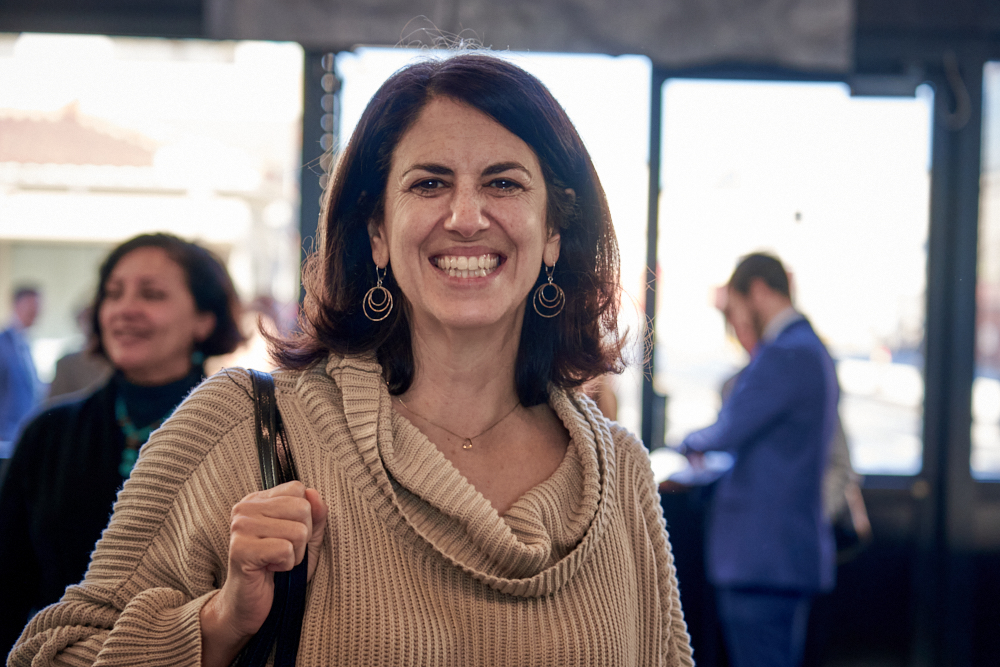The Board of Supes fell one vote short of affirming the city’s Sanctuary City policy and calling on the federal government to extradite two serious alleged criminals after Sup. Matt Dorsey refused to go along.
Dorsey wants people arrested for selling fentanyl to face deportation.
Hundreds of people showed up at City Hall for a rally and many of them spoke at public comment in support of the sanctuary law. Ten of the 11 supervisors were aligned, including conservatives Catherine Stefani and Joel Engardio. Stefani, a former prosecutor, talked about the importance of the sanctuary law, saying that the city’s policy allows victims of serious crimes to feel safe to go to law enforcement.

The technical issue here is that the feds want the city to make an exception to the sanctuary law before they will extradite an alleged rapist and an alleged murderer who are Mexican nationals.
The whole thing is nuts: If the feds are able to arrest two people who have committed heinous crimes, and can bring them to San Francisco to face trial, why isn’t that happening? As Stefani said, it’s not even clear that these two are in custody in Mexico, and all this publicity will likely cause them to flee anyway.
And there’s no reasonable chance that the two will be released in San Francisco; a judge would hold them without bail, and if they go to prison, it won’t be here. This is all a political statement.
If the supes can pass a resolution saying they won’t go along with the federal government, it will send a powerful message that San Francisco won’t be blackmailed into chipping away at its sanctuary law.
This whole scenario happened a few years ago, when Trump was president, and Homeland Security was demanding an exception to the law to extradite a serious criminal. The city refused, and the feds extradited the person anyway.
Sup. Hillary Ronen, who introduced the resolution, said that the sanctuary law “is an essential part of who we are. We expected this kind of antics from Trump, but it’s disappointing that Biden would try to blackmail us.”
The sanctuary law is an essential part of public safety. It allows immigrants to seek help, including from the police, if they are victims of, for example, trafficking or domestic violence without fear that they will face deportation.
Sup. Myrna Melgar noted that the law also protects workers, for example day laborers, who may work for two weeks for a boss who then says they aren’t going to get paid—and if they complain, the boss threatens to call the cops and allege that they are drug dealers.
While the issue at hand was Ronen’s resolution, the supes also discussed Dorsey’s proposal to allow the city to call ICE and seek the deportation of people arrested for selling Fentanyl.
“There are so many things wrong with this ordinance,” Ronen said. She mentioned that in recent trials of immigrants charged with Fentanyl sales, juries have hung and not convicted.
“These people are victims of labor trafficking,” she said. “They are told there are construction jobs in the US, then they are trapped and told if they don’t sell drugs the gangs will hurt their family members. … To go after the immigration status of people on the lower end of the totem pole attacks the sacred Sanctuary Ordinance.”
Meanwhile, she said, the cops are asking for an additional $25 million for overtime; why is the city going to use scarce law-enforcement resources to help ICE, which has a $100 billion budget and can do its own work?
The conservative wing of the board wasn’t buying it either. “This is among the most misguided pieces of legislation I have seen in my six years on the board,” Sup. Ahsha Safai said.
Stefani: “I can’t believe we are back here again. The idea that victims of serious crime feel safe to go to law enforcement is critical.”
Dorsey insisted that the Sanctuary Ordinance can make exception for “crimes that shock the conscience.” He said that if we can drive Fentanyl out of the city, people will go back to drugs like heroin, which is less deadly.
Of course, American citizens also seem to be good at selling drugs, and as long as we address this as a criminal justice issue, if the immigrants are forced out, someone else will take their place.
So Dorsey’s ordinance is going nowhere—but that didn’t stop him from blocking Ronen’s resolution, which needed unanimous consent since it hasn’t been through the committee process. His one vote forced her to move to continue it until next week, and could delay if for more than a month, while ICE continues its campaign.
Meanwhile: Nobody in the news media, and hardly anyone in local politics, wants to say that late-stage capitalism and the radical economic inequality and desperation that it has created, along with decades of exploitive US police in Central America, might have anything to do with this crisis.
But that is hard, cold reality.





